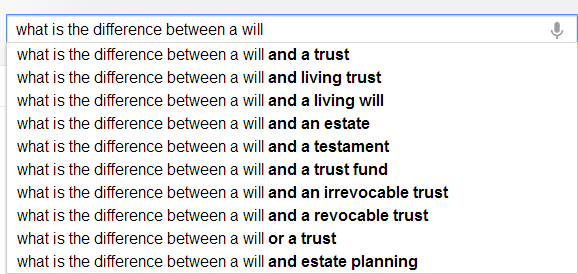When it comes to writing clients and prospects, many lawyers are worried about writing too often. Instead, they should be worried about not writing often enough.
You need to stay in touch with people on your lists, to remind them that you are still around, and still available to solve legal problems. They need to continually see your name and think nice thoughts about you, so that when they have a legal problem, or know someone who does, you’ll be “in their minds and in their mailboxes”.
The more often you write, the more business you’ll get.
Is there such a thing as too much or too often?
Sure. If you write boring, self-serving crappola, once is too much.
On the other hand, if you send interesting, helpful information that your clients and prospects want to read, you almost can’t write too often.
Let’s not make this more complicated than it needs to be. Make a vow to send high quality information, interesting stories, and valuable resources to the people on your list. Then, pick a schedule and stick to it.
Write often. It doesn’t have to be long. A few paragraphs is enough if that’s all you have to say. Link to an article or video you thought they would like to see and tell them why. Tell them about a change in the law that might affect them. Give them a few tips.
Instead of a monthly newsletter with several articles, send one article once a week. That gives you four opportunities to connect, and shorter articles probably have a better chance of being read instead of set aside “for later” and never opened.
Actually, it really doesn’t matter if they read what you write. What’s important is that they see your name. Better once a week than once in awhile.
If you want hundreds of ideas for articles, blogs posts, and emails, get this.








